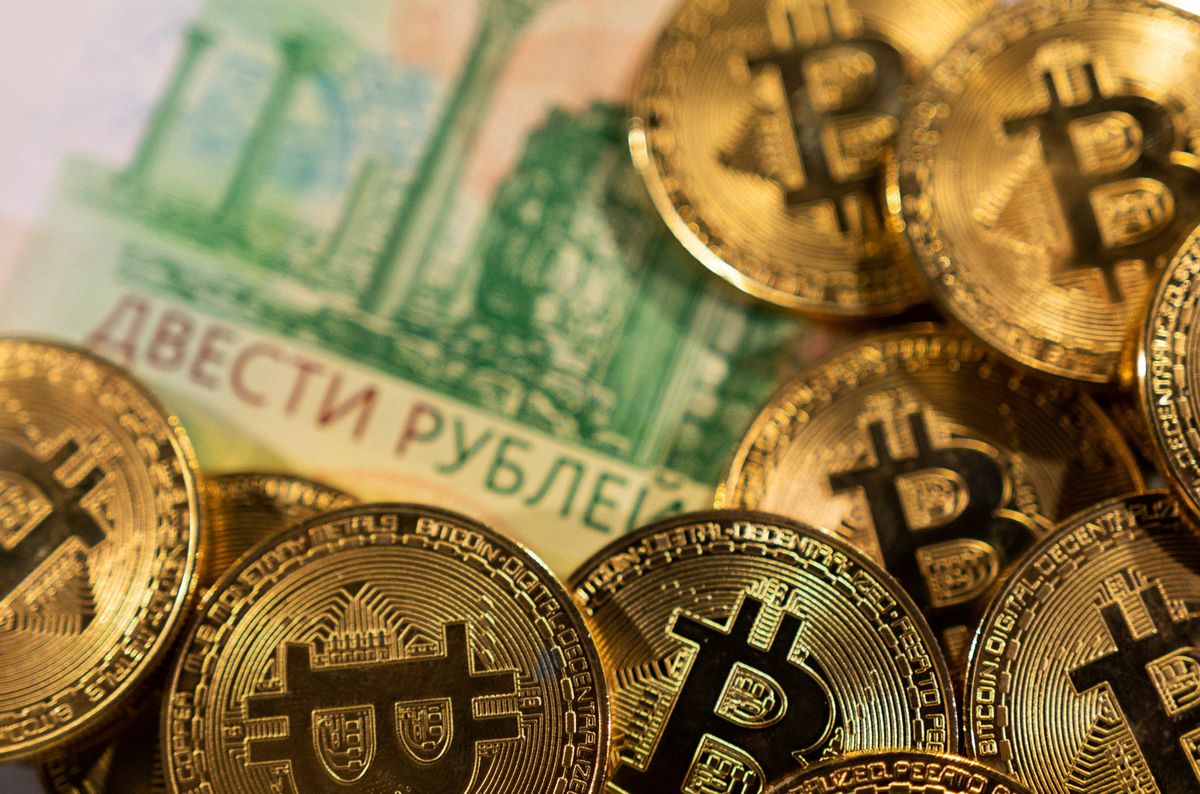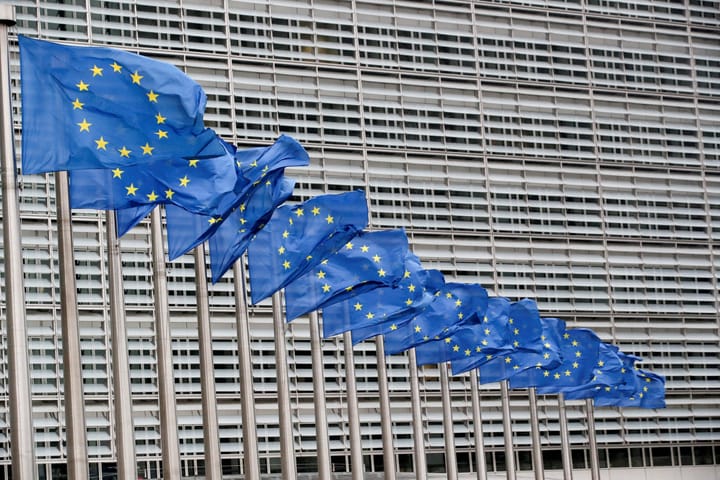There is still worry that crypto can help Russia evade sanctions

A few minutes every morning is all you need.
Stay up to date on the world's Headlines and Human Stories. It's fun, it's factual, it's fluff-free.
The backstory:
- The West has announced sanctions targeting Russia, its businesses, its officials, oligarchs and President Putin after the invasion of Ukraine.
- Russia also has about US$630 billion in foreign reserves that the United States Treasury Department is currently restricting.
- Several Russian banks have also been cut off from The Society for Worldwide Interbank Financial Telecommunication (SWIFT) payment system used to facilitate global trade.
- Russia has put in place economic measures to help its falling ruble. The Russian central bank has hiked its key interest rate up 20%, and the stock market has remained closed.
- But the thing is, to properly enforce these sanctions, you need to be able to track money, which is why cryptocurrency makes sanctions a bit harder to enforce.
The development:
- We’re at a pretty watershed moment right now where, for the first time in history, central banks and governments don’t have complete control over financial instruments that control regulations.
- With that, there is concern that Russia can evade sanctions with crypto.
- But there is a pretty common consensus right now that even though Russia could avoid these sanctions using crypto, because of how embedded Russia is in the global economy (compared to North Korea and Iran) and how huge these economic sanctions are, even if they can mitigate some of the impacts by maneuvering with the help of crypto, it still won’t completely compensate for the scale of the sanctions put in place.
- “The scale that the Russian state would need to successfully circumvent all U.S. and partners’ financial sanctions would almost certainly render cryptocurrency as an ineffective primary tool for the state,” said Carol House, the director of cybersecurity for the National Security Council, during a webinar on Wednesday.
You drive the stories at TMS. DM us which headline you want us to explain, or email us.







Comments ()